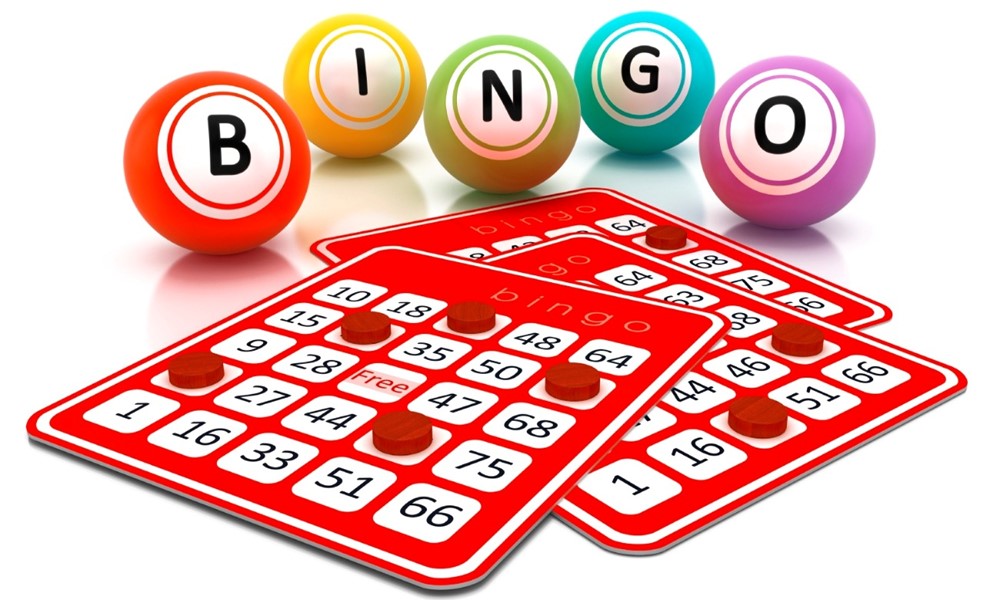Bingo halls have been a popular form of entertainment for decades, attracting a wide range of people from various age groups and backgrounds. While the game itself is enjoyable, one of the key factors that contribute to the enduring popularity of bingo halls is the social interaction it provides. In this article, we will explore the importance of social interaction in bingo halls and how it enhances the overall experience for players.
1. Creating a Sense of Community
One of the main reasons why bingo halls have remained popular over the years is their ability to create a sense of community. For many regular players, going to the bingo hall is not just about winning prizes; it is about connecting with others who share a common interest. The friendly atmosphere and the opportunity to meet new people make bingo halls a social hub where individuals can forge new friendships and strengthen existing ones.
2. Breaking the Ice

Bingo halls provide a comfortable environment for individuals who may be shy or find it challenging to initiate conversations. The game itself acts as an icebreaker, as players naturally engage in friendly banter while waiting for their numbers to be called. This casual conversation often leads to deeper connections and can even result in lifelong friendships. The shared experience of playing together breaks down barriers and allows people to connect on a personal level.
3. Supporting Mental Well-being
Studies have shown that social interaction plays a vital role in maintaining good mental health. Regular social interactions can reduce feelings of loneliness and isolation, which are often associated with mental health issues such as depression and anxiety. Bingo halls provide a safe and inclusive space where individuals can come together and engage in meaningful conversations, promoting a sense of belonging and overall well-being.
4. Fostering a Sense of Competition
While social interaction is the focal point in bingo halls, the competitive aspect of the game also adds to its enduring popularity. Engaging in friendly competition with fellow players can be exciting and motivating. It creates a sense of anticipation and camaraderie as everyone cheers for each other’s wins. The competitive nature of bingo keeps players coming back for more, as they strive to improve their skills and achieve greater success.
5. Engaging in Traditions
Bingo halls have a rich history and are often associated with nostalgia and tradition. Many individuals have fond memories of visiting bingo halls with family members or friends. By frequenting these establishments, players can relive those cherished moments and engage in a tradition that has stood the test of time. The sense of nostalgia and the opportunity to partake in a beloved pastime contribute to the enduring popularity of bingo halls.
Social interaction plays a crucial role in the enduring popularity of bingo halls. By creating a sense of community, breaking the ice, supporting mental well-being, fostering a sense of competition, and engaging in traditions, bingo halls provide an inclusive and enjoyable environment for players of all ages. The social aspect of bingo enhances the overall experience, making it much more than just a game of chance. As long as people crave connection and shared experiences, the popularity of bingo halls will continue to endure.


